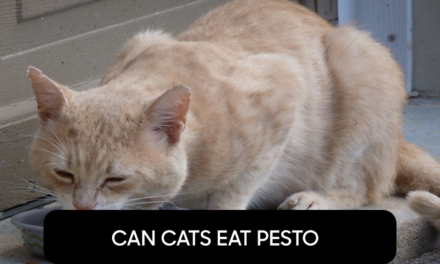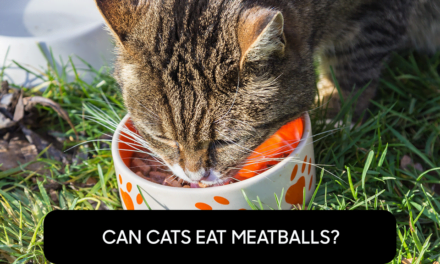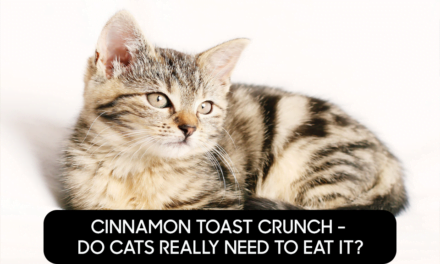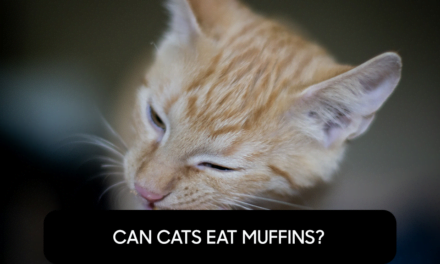
If you are wondering whether or not your cat can eat guava, there are a few things you need to know before you make a decision. These include what guava is, the benefits, and how to prepare it.
Vitamin C
Guava is a very tasty tropical fruit. It is rich in vitamin C. This vitamin is essential for a cat’s health. The benefits of the vitamin are numerous, from boosting immunity to preventing spinal disorders.
In general, guava is good for cats, but there are some downsides to feeding it to them. Generally, a small serving of guava a couple of times a week is enough. However, if your cat is having issues with its digestion, you might want to consider changing up your feeding routine.
Aside from being a great source of vitamin C, guavas are also high in fiber. This fiber is important for digestive health.
Cats also need iron, which is important for hemoglobin production. If your cat has constipation, you may want to feed him a guava once or twice a week.
Guavas are also packed with antioxidants. These antioxidants help protect your cat from cancer.
Some cats don’t like the skin of guava, and you may want to remove it. However, the skin is not toxic.
Guavas are a good source of potassium, which helps regulate muscle and cardiac function. They also contain enzymes that aid the nervous system.
But be aware that guavas can damage the urinary tract in cats. They also contain oxalate, which can trigger bladder stones. That is why you should always consult a veterinarian before deciding to feed your cat guava.
Calcium
Guava is a tasty fruit that is packed with vitamins, minerals, and fiber. This delicious tropical fruit is also a good source of calcium for cats. It can be eaten fresh, in juice, or in other forms.
Guava contains calcium that helps in strengthening the teeth and gums of the cat. It also provides the cat with vitamin C, which boosts the immune system. Vitamin C also promotes good eye health in the cat.
However, it is important to know that guava is not for everyone. Some cats can develop stomach upsets after eating guava. Fortunately, there are other fruits that are safe for the cats.
You should also check whether the guava contains oxalate, which can cause digestive problems in the cats. Oxalate can also damage the bladder and kidneys.
In addition, guavas contain high levels of sugar. This can be dangerous if the amount is too high. The extra sugar can cause diarrhea or excessive weight gain. Therefore, if your cat seems to crave guava, it is best to limit the amount.
In addition to being a good food, guava is also a great treat for the cat. Since guava is a tropical fruit, it provides a cool drink for hot days. For a healthier alternative, try mixing guava with other fruits for a fruit salad.
While guava is a healthy option, it’s not for everyone. If your cat has a sensitivity to certain foods, you should talk with your veterinarian before feeding it.
Oxalate
Guava has a variety of unique uses, and cats can benefit from consuming it. However, guava should be given in moderation.
One of the best ways to serve a guava is as a juice. The juice contains vitamin C, which helps to boost the immune system. In addition, it has tons of antioxidants. These antioxidants can help to prevent cancer and other diseases.
Vitamin C also has anti-allergic effects. This means it can help to protect your cat from harmful viruses and bacteria. It also helps in the production of collagen, which can improve the bone structure.
Vitamin A is also important for a healthy cat. Vitamin A can keep your cat’s skin and teeth healthy. Additionally, it can enhance night vision.
Some of the other health benefits of guava include high levels of fiber. Fiber helps to improve digestion and may even reduce the risk of constipation. Another advantage is that it contains enzymes that help to improve the nervous system and eyesight.
Some of the nutrients that can be found in guava are calcium, potassium, and iron. These minerals play an essential role in regulating the heart, muscle, and nerve functions. And, potassium can help to lower the chances of stroke in cats.
Guava has a variety of health benefits, but it can be dangerous. Oxalate is a chemical that can cause bladder stones, and other problems. Therefore, it is important to choose a guava that is free of oxalate.
Diarrhea
Guava is a delicious tropical fruit that is packed with nutrients. It is also a great treat for cats. However, guava can be harmful to cats if they consume too much of it. So, how can you keep your cat safe from guava?
First of all, make sure the guava you are feeding your cat is not toxic. If the guava is poisonous to cats, it will likely cause diarrhea or other similar problems. You might also want to avoid giving your cat guava seeds. These can be hard for your cat to digest. They can also cause serious intestinal problems.
Another concern is that guava leaves contain tannins, which are known to irritate the digestive system. For this reason, it is best to avoid feeding your cat guava leaves.
Another thing to watch for is the amount of sugar in your cat’s diet. Too much sugar can cause weight gain, as well as diabetes. Fortunately, there are ways to limit the amount of sugar that your cat ingests.
Guavas are rich in fiber and potassium. Fiber helps your pet’s digestive system move smoothly. Potassium also aids in breaking down carbs and fats.
Some cats may not like guava, but they are not allergic to it. The best way to give guava to your cat is by serving it as a small treat. A fresh homemade guava juice is one of the best options for this.
Urinary tract problems
Besides being delicious, guava has a variety of nutrients and antioxidants to benefit cat health. Guavas are great for cats, but you should only give them in moderation. If you feed them more than what they need, they can suffer from digestive issues and obesity.
Some guavas contain oxalate, which can be irritating to a cat’s urinary tract. Keeping an eye out for the oxalate content is a good way to ensure your pet doesn’t develop stones.
Oxalate is not a big problem in small amounts, but it can become a serious issue in larger amounts. If you notice your cat vomiting or drooling large amounts of fur, it’s time to contact a vet.
The oxalate content in guavas can also cause bladder stones. You can avoid this by removing the seeds from the fruit before giving it to your cat.
Another concern with guava is the amount of sugar. Too much sugar can cause weight gain and constipation.
Vitamin C is also a great benefit. Vitamin C helps cats stay healthy, keeps their skin and eyes healthy, and helps the immune system fight disease. In general, guavas are considered safe to eat.
Potassium is an important electrolyte in the body, and guavas provide plenty of it. Potassium helps the muscles function and enhances the health of the heart. This vitamin is also essential for the body’s nerve impulses.
Although guava is a great source of vitamins, it isn’t safe for cats to eat in large quantities. Ideally, you should only offer your cat fresh guavas. Also, make sure you wash and clean the fruits thoroughly.
Preparation
If you have a cat, guava might be something you want to introduce into your feline’s diet. It’s packed with vitamins and minerals, and helps to promote good digestive health. But, as with all foods, guava is not a treat you should give your pet on a daily basis.
Guava is an excellent source of vitamin C. This vitamin boosts the immune system and fights harmful bacteria.
It also contains lycopene, which has been shown to protect cats against cancer. The fruit is low in calories and is rich in antioxidants. In addition, it is a great source of fiber.
Besides being good for your pet’s health, guava is a tasty treat. It can be eaten fresh or dried. You can even mix it with spices.
Aside from being tasty, guava is a good source of fiber. Fiber aids in constipation, which is something cats may suffer from.
Another benefit of guava is that it contains enzymes that help enhance the eyes, nervous system and muscles. However, guava is not a cat’s favorite food.
One of the reasons for this is that the seeds of the fruit are not easy to digest. These seeds can also trigger digestive acids.
However, if you do choose to introduce guava to your feline friend, make sure to do it slowly. Overfeeding your pet can cause problems. And, if your cat is showing any signs of unusual behavior, you should consult your veterinarian.





